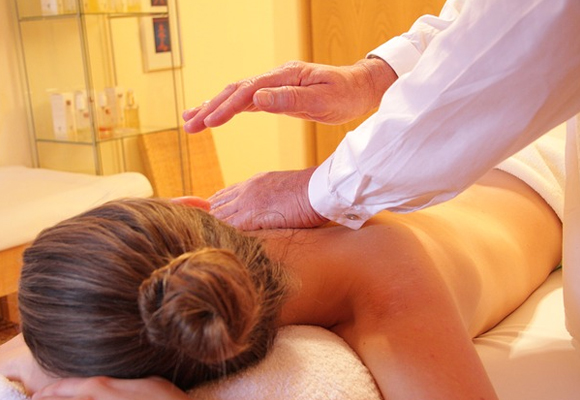
In February 2016, Katie May, a Playboy model, died three days after visiting a chiropractor for a neck adjustment after a slip-and-fall injury. A wrongful death lawsuit was filed by family members with wrongful death lawyers against the chiropractor.
One of the most common and severe injuries sustained by patients as the result of chiropractic treatment is a stroke. A chiropractic-induced stroke occurs when blood flow through a major artery is blocked to the brain as the result of a neck adjustment. Strokes caused by this type of chiropractic treatment can result in temporary or permanent paralysis, and even death. Other less serious injuries that result from neck adjustments include: spinal stenosis; facial paralysis; pinched nerves and arteries; numbness and/or tingling in the limbs; tinnitus; frequent headaches; and vertigo.
Numerous cases of patients who suffered strokes after chiropractic treatments have been documented. Known by medical professionals as a cervical artery dissection (CD), injury typically occurs from a small tear in the arterial walls. Blocked blood vessels in the brain and blood clots can cause a stroke within hours or days after treatment, A 2010 study of deaths after chiropractic neck adjustments found 26 published cases, and seven unpublished cases, caused by dissection of a vertebral artery. A 2013 study of the previous 10 years found over 700 incidents of stroke associated with chiropractic cervical spinal manipulation treatments.
In Illinois, when a person dies from injuries caused by negligence or wrongful acts of another person, the family of the deceased can file a wrongful death civil lawsuit with wrongful death lawyers to recover damages. Illinois has no caps on damages in wrongful death claims. Compensation for pecuniary injuries can be recovered by surviving spouses or next of kin.
The Illinois Wrongful Death Act allows damages for pecuniary injuries which include goods, services, and monetary losses that are incurred by the decedents’ family members. Damages may include:
A surviving spouse may recover damages for the loss of consortium, grief, and mental anguish. Surviving children may recover damages based on the value of the deceased parent’s lost companionship, moral guidance, and instruction that would have been provided if he/she was still alive.